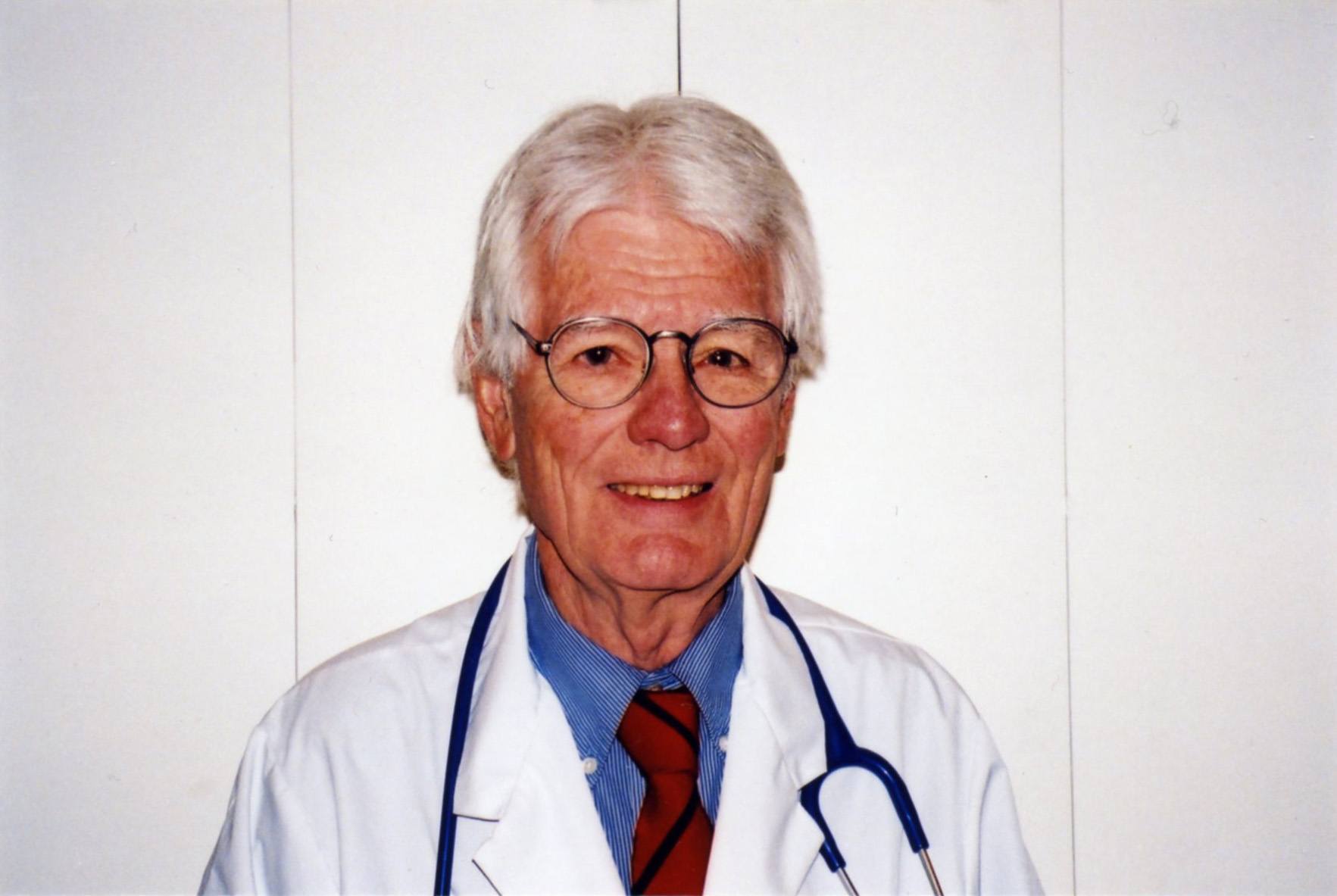What shocks my friends when I order a ‘blue’ steak?
No, it’s not the fact that it’s extra rare that gets their attention. It’s the fact that I also always tell the waiter, “Don’t forget the double order of mashed potatoes!”
Now, a report from the University of California shows I’m not committing a mortal, dietary sin. In fact, potatoes can even help weight loss.
Critics of mashed potatoes contend they have a high glycemic index (GI). This means that potatoes are quickly broken down into sugar, triggering a rapid increase in blood sugar and production of insulin. But it’s a myth that the potato’s high GI is responsible for the epidemic of obesity and Type 2 diabetes.
My bet is that the Irish would have hanged such critics during the Irish famine in the 1840s. In fact, you could even threaten to hang them today because few studies support their theory. Rather, it’s the excessive amount of calories of any kind that’s increasing body fat and killing people, not my double order of mashed potatoes.
You could even go a point further and argue that we should eat more mashed potatoes. The U.S. Academy of Sciences estimates that we need between 1,875 to 5635 milligrams (mgs) of potassium daily and that most North Americans get only half that amount.
Dr. David Young, professor of physiology at the University of Mississippi, to get this point across, must have raised a lot of eyebrows when he remarked, “Potassium is like sex and money, you can’t get too much.”
Dr. Deborah Green, a researcher at Queen’s Medical Centre in Honolulu, Hawaii, studied the effects of potassium on 5,888 men and women ages 65 and over for eight years. Green discovered that patients with low potassium were twice as likely to suffer from an ischemic stroke in which a blood clot cuts off the supply of blood to the brain. Adequate amounts of potassium help to keep the blood from clotting, decreasing the risk of this disease.
Potassium also decreases the risk of stroke by helping to fight hypertension. For instance, it’s been shown that restricting potassium intake for just 10 days causes an increase in blood pressure.
Today, with an aging population, a large number of people have hypertension and are prescribed water pills (diuretics) to control this problem. If these patients are also low in potassium they are 2.5 times more likely to have a stroke. If they’re taking diuretics, have an irregular heart rate, and also low potassium, they’re 10 more likely to suffer a stroke.
This is called the ‘Matthew Effect’. You can live to a ripe old age being a little reckless. But get too many things wrong and it’s another story.
I’m getting other health benefits from a double helping of mashed potatoes. For one thing I’m not getting obese. Potatoes are relatively low in calories, about 130 for a medium sized, plain, baked potato.
A double order of mashed also helps satisfy the hunger reflex because it’s filling, making it less likely you’ll reach for a high caloric dessert. And according to researchers at the University of California potatoes contain proteinase inhibitors which suppress appetite.
When dining at home I also get a good helping of fiber as my mashed white potatoes have the skin left on them. In addition, I get more potassium than a banana, Vitamin C, some protein, iron, magnesium, beneficial plant compounds and B vitamins such as B6, thiamin, niacin, folic acid and riboflavin. The more colourful the potato is the greater the amount of antioxidants.
But there’s one caution. A 130 calorie potato can quickly become a 400 one with two tablespoons of butter or three of sour cream. Five ounces of fast-food French fries have 435 calories and potato chips about 700 calories.
So, hell will freeze over before I stop eating Prince Edward Island or Idaho potatoes. Today, I cannot imagine living in a world without mashed potatoes. So if I’ve ever badly sinned I now repent all. But please spare Prince Edward Island and Idaho from a potato famine. Amen.
See the web site www.docgiff.com. For comments email info@docgiff.com.



